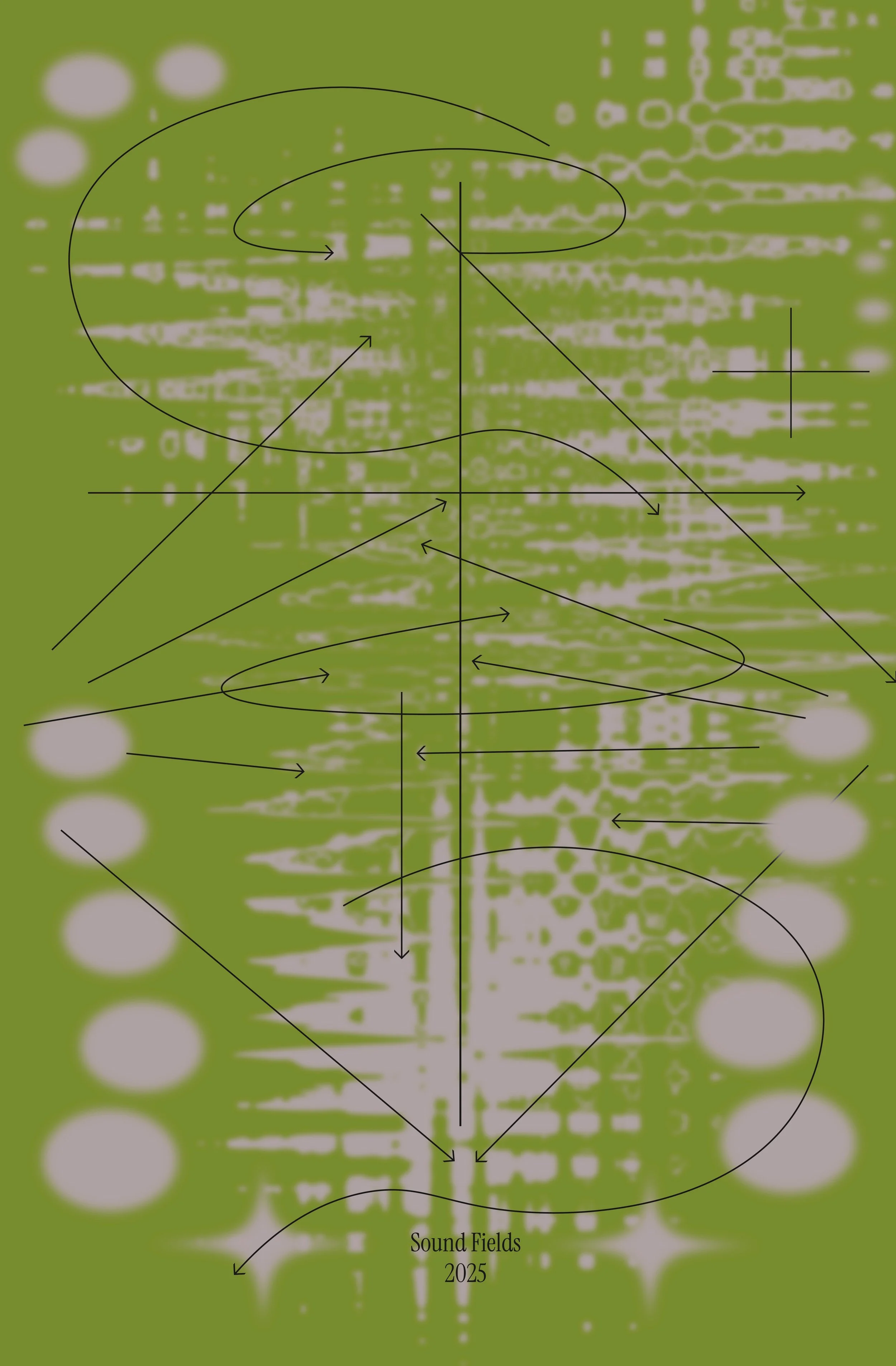
Letter from an Editor
Sandhya Dirks
I work a lot with scraps of the archive.
I work a lot with unknown persons,
nameless figures, ensembles, collectives,
multitudes, the chorus.
That’s where my imagination of practice
resides. That’s where my heart resides.
~ Saidiya Hartman
The question of the archive is not, I repeat,
a question of the past, the question of a concept dealing
with the past which already might either be at our
disposal or not at our disposal,
an archivable concept of the archive,
but rather a question of the future,
the very question of the future,
question of a response, of a promise and of a
responsibility for tomorrow.
~ Jacques Derrida
When Kalli Anderson, the founding editor of Sound Fields, suggested to the editorial board that we choose “archives” as the theme for our second issue, a light bulb went off. It’s not just that we as audio makers and journalists are constantly diving into archives, searching records, historical and otherwise—all the while compiling our own. It is this moment we are in, right now.
We are losing our archives. I mean this in the most literal of ways, as rising far right authoritarianism usurps and remakes the institutions that hold cultural memory and history; already filled with holes, they now feel like they could be obliterated into nothingness. Meanwhile the twinned project of broligarchy and corporate greed is erasing and dimming what moved online, turning what was once a search engine into pink slime. From the erasure of the story of Stonewall and the histories of Black and female soldiers from government websites, to the way Google search just sucks now, to 200 episodes of classic Sesame Street going poof, overnight—it all feels connected. This does not even get at the very real erasing of people. What else is genocide ? What else is starving Gaza to death, pushing Palestinians into camps. How else can we describe what is happening to trans people—their identities, erased.
I have been packing up my house in preparation for a cross-country move. That means it’s once again the time I come face to face with the box in the back of the closet where I keep years of letters and postcards from beloveds, among the other pieces from the museum of my many lives. I can’t help thinking we don’t so much have letters anymore as we have emails and text messages. Now I find I do most of my communicating on Signal—with a timer set for erasure. It keeps me safe perhaps, but it leaves no trace.
We are ostensibly trying to pare down our possessions before we trudge 3,000 miles east, but I find myself rebelling by buying books—used, often old books that we stumble on at estate sales and thrift stores, or DVDs and VHS tapes for my child (and honestly, not just for my child) to watch so we can eschew streaming. The shadow of digital en-shittification looms and I feel a compulsion to collect things I can hold in my hand, that I can protect from internet erasure. Call it an archival impulse.
Bear with me, while I tell you a love story.
When I was little, I would record myself singing songs I wrote into a tape player. I couldn’t sing, but wow oh wow could I write lyrics: “Love escalator, take me up to the second floor. I'm coming back ... coming baaaack for mo-ore.” I thought the tape, and the songs, were lost to time, until I was moving my mother out of her house in Michigan. There in her basement, sitting in a pile of old stuff—middle school notes from 3rd period, old yearbooks—I found the cassette, with my 11-year-old handwriting scrawled on a piece of legal paper, folded into the plastic sleeve: "songs I sing." Love songs (from a girl too young to know what that meant), a wistful tune about saving the environment ("as i fly over the ocean, i see all the pollution") a ballad about the tragic death of college basketball star Hank Gathers (“his best shot was his left hand shot”).
My mother gave me her old beat up car, and a boy I had only recently met flew to meet me so he could help me drive it back to the west coast. On the road trip now known in family lore as our second date, we listened to the tape. After finding it in the glove box, he insisted on it. Meanwhile I blush-cringed in the driver’s seat. He swears listening to my lispy, out of tune little girl voice with its awkward but earnest confidence, was when he knew it was love.
I tell you this story because I think so often we encounter archives when we are liminal, when we are in between. When we are moving or searching for ourselves or for the truth in the past, sometimes in our own past. When we are looking for a way home. It turns out teetering towards fascism is beyond liminal. If a liminal space is a train station, we seem to all be collectively in limbo, unending uncertainty on the lip of hell. In a haze of epistemological dissonance we witness the shredding of the past through a looking glass so cracked that even the history repeating itself is unrecognizable.
Maybe, as the saying goes, history doesn’t repeat but it rhymes. But the archives are where you find rhythm. They make meter out of time.
Again and again I find the idea of archives to be an anchor. I reach for them, they reach for me. The arch of the moral universe may not, after all, bend towards justice, but it bends towards archives. Collect the scraps, I hear in my head like a whisper.
Do not let them rewrite the world.
Save all the evidence you can.